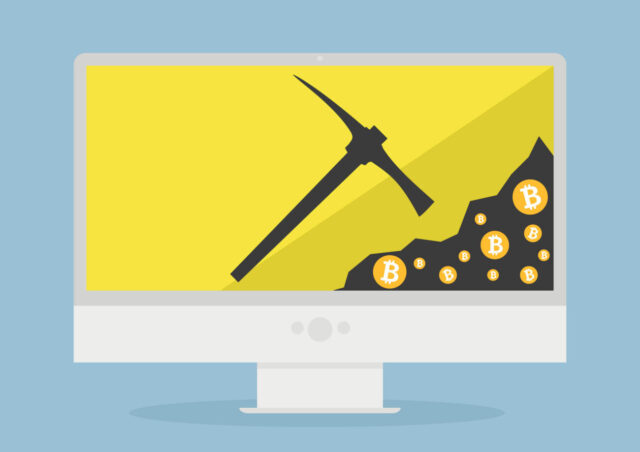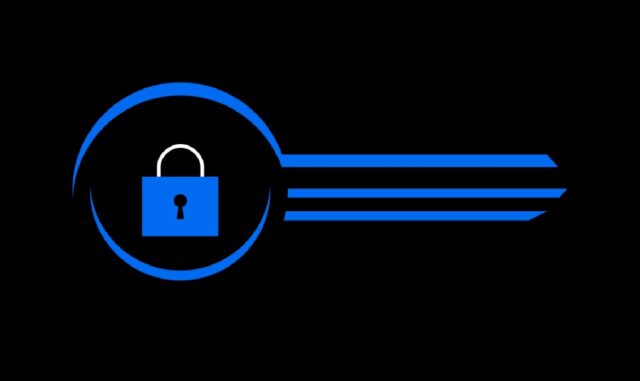
Cryptocurrencies are digital currencies that use encryption techniques to regulate the generation of currency units and verify the transfer of funds. Many different types of cryptocurrencies are available, which can be used for various purposes.
For example, Bitcoin is used as a payment platform while Ethereum is being developed as an application platform. Cryptocurrency transactions can be made through desktop or hardware wallets (see below).
So, let’s ask the question, what is a desktop wallet?
What are desktop wallets?
A desktop wallet is a downloadable application that stores your cryptocurrencies and gives you access to them from any device. Desktop wallets store your private keys on your computer, and they’re usually encrypted with a strong password to prevent hackers from accessing them.
Desktop wallets are named as such because they were designed for use from a desktop or laptop computer. But some of the best desktop crypto wallets can be used on mobile devices as well, such as smartphones or tablets.
Everything you need to know about desktop wallets

Here are some fast facts about desktop wallets:
1. You can download a desktop wallet for free
One of the best things about desktop wallets is that they are free to use. Just download it from a reputable source, and you’re good to go.
2. Desktop wallets provide security because you control the private key
Desktop wallets, as the name implies, are installed on your desktop computer and require it to be running for you to access your cryptocurrency. Because they’re run from your desktop computer, they don’t need an Internet connection and have a greater security level than other wallets.
For example, if you use a mobile or web wallet and lose your device or forget your login credentials, all of that account’s money could be gone forever. However, with a desktop wallet like Electrum (a popular open-source software program), all those funds are stored locally on the computer itself—you don’t need an internet connection at all!
Another benefit is that with desktop wallets, you can set up a password to protect access to the private key, so even if someone else gets their hands on it, they won’t be able to spend any coins without first knowing what that password is.
Never store large amounts of cryptocurrency in a hot wallet because these platforms are prime targets for cybercriminals.

3. If your computer is compromised, your cryptocurrency could be at risk
If you want to be sure that no one else can access your funds — like if you’re storing large amounts of money in Bitcoin and trying to maintain privacy — you should use a hardware wallet instead.
Hardware wallets are small devices that store private keys on their internal storage and require users to enter a PIN code before they can make transactions.
They generate new addresses every time they’re used. So even if someone could steal your private key from the device itself (which would require physically breaking into it), they cannot steal your coins.
If there’s no way for hackers to get into a piece of electronic equipment like this or steal paper wallets directly out of our hands, how do we keep them secure?
Cold wallets — a safer way to store your tokens

One of the best ways to store your cryptocurrencies is in a hardware wallet. It’s a special device that holds your private keys and makes transactions without connecting to the internet. It’s essential to keep your cryptocurrency in a wallet that allows you access to your private key.
There are two types of wallets: desktop and hardware wallets. The main difference between these two is that desktop wallets do not have an isolated memory chip. So hackers can quickly access the device’s private keys by hacking into it or infecting it with malware through phishing emails or fake websites (commonly referred to as “phishing attacks”).
Hardware wallets are more secure than desktop wallets because they use a special memory chip wholly isolated from your computer. This means that even if someone has physical access to your device, they can’t steal or copy your cryptocurrency without having a PIN code for it.
Hardware wallets also come with backup systems, so if you lose or misplace them, you can recover your cryptocurrencies using other means like seed phrases or private keys.
The most popular hardware wallets in the market today include Ledger Nano S and Trezor (Trezor’s website says it’s compatible with Ethereum Classic). Hardware wallets also have backup systems i.e. special phrases to recover your devices if they get lost or stolen.
You can store the recovery phrase on a USB drive and keep it in an even safer place than your house, like an offsite location or other secure location that’s not connected to the internet.
Keep this in mind
Desktop wallets are safe, but hardware wallets offer more security. Here is what you need to know about desktop wallets:
- They can store any cryptocurrency
- They can be used on any device, such as a laptop or desktop computer, tablet, and smartphone.
- They are easy to use as they do not require the user to download any software or apps.
Conclusion
Desktop wallets are one of the most popular ways to store your cryptocurrency. They’re easy to use and available on all devices, but they require a certain level of trust in yourself not to lose or forget your private key.







